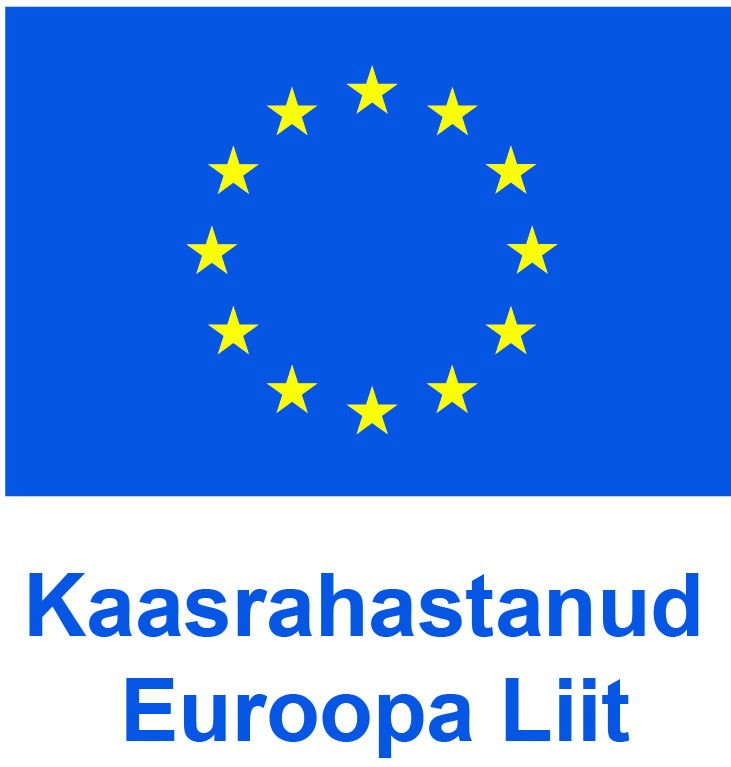Higher degree, higher salary? Survey confirms that one in five people get a better salary or a new job after graduation
Statistics Estonia's Adult Education Survey* shows that people take part in training to perform their jobs better. However, people attend an educational institution when they wish to improve their knowledge. In 19% of cases, a higher degree has also led to a new job or a higher salary. Käthrin Randoja, leading analyst, explores in the statistics blog what motivates adults to go to school or to take part in training, and how they benefit from it.
The Adult Education Survey asked people about their learning habits in the 12 months preceding the survey. The results showed that self-improvement is on the rise: in 2007, the share of adults participating in education was 63.6%, whereas in 2022 this share was 80.3%. Of those surveyed in 2022, 10.3% had participated in formal education, 44.9% had taken part in some type of training, and 69.6% had studied independently. The share of independent learners has increased the most across the three forms of learning – it was 44.9% in 2007. Such a rise is quite understandable, given the significant expansion of opportunities for self-study through the internet and literature over the last 15 years.
However, the shares of participants in training and formal education have also grown. What motivates adults to attend training or an educational institution, and how have these activities benefitted them?
Why do people participate in training?
When it comes to the choice of training, the practical benefits stand out – 38.9% of training courses are undertaken in order to improve job performance. The same reason for taking up formal education is given in just 6% of cases. For formal education, the longer-term view is more important, with 34.2% of learners looking to improve their career prospects or change their profession.
The most common reason for enrolling in formal education, however, is the desire to improve skills and knowledge in a field of interest (40.4%). In the case of training, this is the second most important reason (30.2%). The more formal elements of education, such as obtaining a diploma, are more important in formal education. In 11% of cases, people take part in training because they are required to do so.
Differences by gender are observed as well. In fact, 16% of men take part in training because it is mandatory. For women, the figure is twice as low (8%). Women also more often wish to participate in training to improve their skills and knowledge (33.3%), compared with only 25.4% of men who cite this reason.
Does training make a difference?
It is good to see that, for the most part, studies have been beneficial in one way or another. Only one in ten of the training courses have not (yet) benefitted the participant. For formal education, the figure is 13%. Some people simply may need more time to apply the acquired knowledge and skills in real-life situations.
Personal benefits, including new acquaintances, broadened horizons, and greater self-confidence, are the most frequently cited gains. 57% of formal learners and 42% of participants in training courses have enjoyed this benefit. Formal education has helped 19% of respondents get a new job or a higher salary, compared with 8% for training. On the other hand, 34% of training participants have improved their job performance as a result of their studies, compared with 10% of those who have undertaken formal education.
*The Adult Education Survey is a social survey conducted across Europe in order to understand the types of study used by people and the factors supporting or preventing participation in adult education. The 2022 survey included 6,800 randomly selected permanent residents of Estonia aged 18–69. This was the first survey covering this age range. Previous surveys targeted the population aged 20–64, which is why the analysis also uses the latter age range to ensure comparability. The next Adult Education Survey will be conducted by Statistics Estonia in 2028.
More detailed data have been published in the statistical database.
For further information:
Helen Maria Raadik
Media Relations Manager
Marketing and Dissemination Department
Statistics Estonia
Tel +372 625 9181
press [at] stat.ee (press[at]stat[dot]ee)
